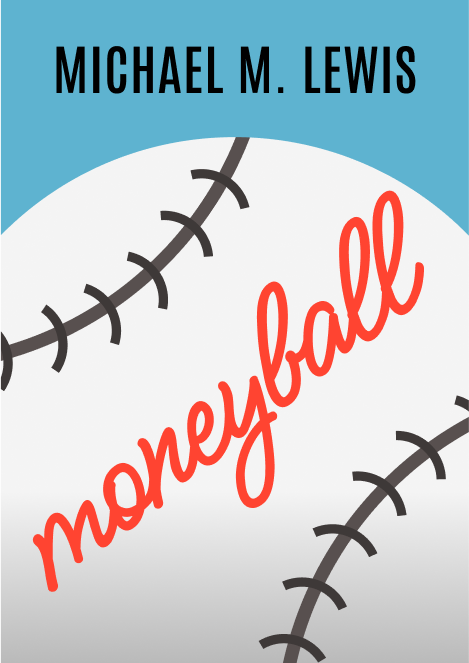Baseball scouts are looking for what they call “tools”, and they need to ‘run’ you to find out if you have them. Scouts carry around checklists, and the five talents or tools they are looking for in a prospect are: the abilities to run, throw, hit, field hit, and hit with power. Baseball scouts talk like car mechanics, and if you overhear them, you could be forgiven for thinking they were discussing sports cars, and not the talents of a potentially winning baseball player. A lot of their observations are based on emotion, first impressions, and intuition rather than on the measurement and recording of statistics, data and trends. Some old-school scouts even think they can guess the future success of a boy from his features: "he has the right face", they said about someone. Basically, the entire scouting process is surrounded by a useless aura of completely ineffective sentimentalism and irrationality.
Scouts drive thousands of kilometres, and live a pretty rough life, sleeping in motels and eating fast food so that they can watch hundreds of kids play baseball, hoping to be inspired and find the next big star. This has always been, according to one baseball scout, the good old-fashioned way of doing business.
In the decade spanning the early Seventies and early Eighties, however, the stakes were raised much higher, and the average salary of a Major League player had tripled. It became harder to rely on mere intuition when such great financial losses were involved, especially for the teams that weren’t doing so well financially. This is when scouts began to apply statistics and science to their assessment of potential players, and they began to analyse games much more thoroughly.
Nerds and brainiacs suggested the need for this type of analysis, and although they were highly qualified in maths and science, none of them had ever thrown a ball. Since the people who wanted to change the rules of the game had nothing to do with the world of baseball, it was difficult to get the old timers to listen to them. People were set in their ways; they had a system, and it made no sense to them to change it. What credibility could these bookworms possibly have with Major League Baseball veterans?
